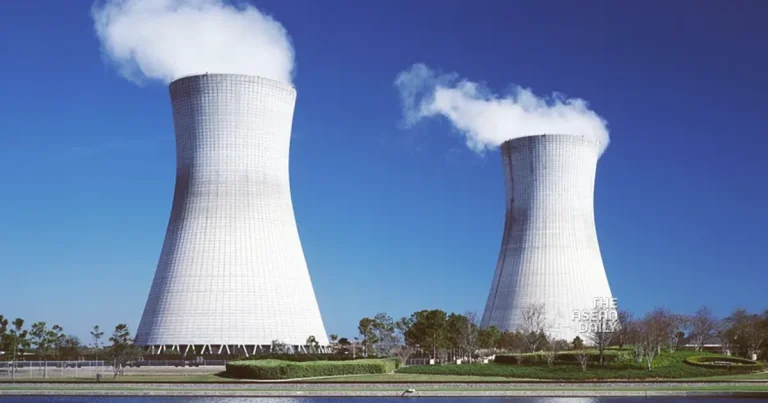21-12-2024 (KUALA LUMPUR) Malaysia is charting a course towards nuclear energy adoption beyond 2035, as the nation grapples with ambitious renewable energy targets and net-zero carbon emission commitments.
Following extensive deliberations in late November, the Malaysian Cabinet has acknowledged nuclear power as a viable option for future electricity generation, based on recommendations from the National Energy Council (MTN), headed by Prime Minister Anwar Ibrahim.
The strategic shift comes after months of careful consideration, initiated by a Cabinet directive in April 2024. Sources close to the matter indicate Prime Minister Anwar’s keen interest in accelerating the nuclear agenda, though regulatory requirements set by the International Atomic Energy Agency (IAEA) typically demand a decade-long implementation period.
MyPOWER, operating under the Energy Transition and Water Transformation Ministry (Petra), is poised to become Malaysia’s nuclear energy programme implementation organisation (Nepio). This designation places the agency at the forefront of coordinating efforts towards establishing nuclear power facilities under IAEA guidelines.
Energy Transition Minister Fadillah Yusof emphasised that the nuclear initiative aligns with Malaysia’s Paris Agreement commitments and addresses growing electricity demands. “Nuclear energy presents a clean, dependable solution for our expanding energy requirements whilst supporting our climate objectives,” he stated.
The urgency for nuclear adoption is underscored by Malaysia’s current energy landscape. Despite renewable energy comprising 28% of grid capacity, it delivers merely 6% of actual power output, primarily due to solar energy’s inherent intermittency. The nation faces mounting pressure from data centre developments, with applications for power supply exceeding 11 gigawatts—equivalent to 40% of Peninsular Malaysia’s current capacity.
Malaysia’s ambitious targets include achieving net-zero emissions by 2050 and increasing renewable energy capacity to 70% by the same year. However, with fossil fuels still dominating over 70% of the energy mix, nuclear power increasingly appears essential for meeting these objectives.
The nuclear initiative may face public scrutiny, given Malaysia’s historical concerns about radiation risks. Previous controversies surrounding the Lynas rare earth facility and a defunct Perak processing plant have heightened public sensitivity to nuclear-related projects.
Malaysia’s nuclear aspirations mirror regional developments, with Indonesia preparing to test its first reactor in 2028 and Singapore recently securing a nuclear cooperation agreement with the United States.
Minister Fadillah notes that the final implementation timeline will depend on comprehensive feasibility studies examining economic, technical, and social factors.




